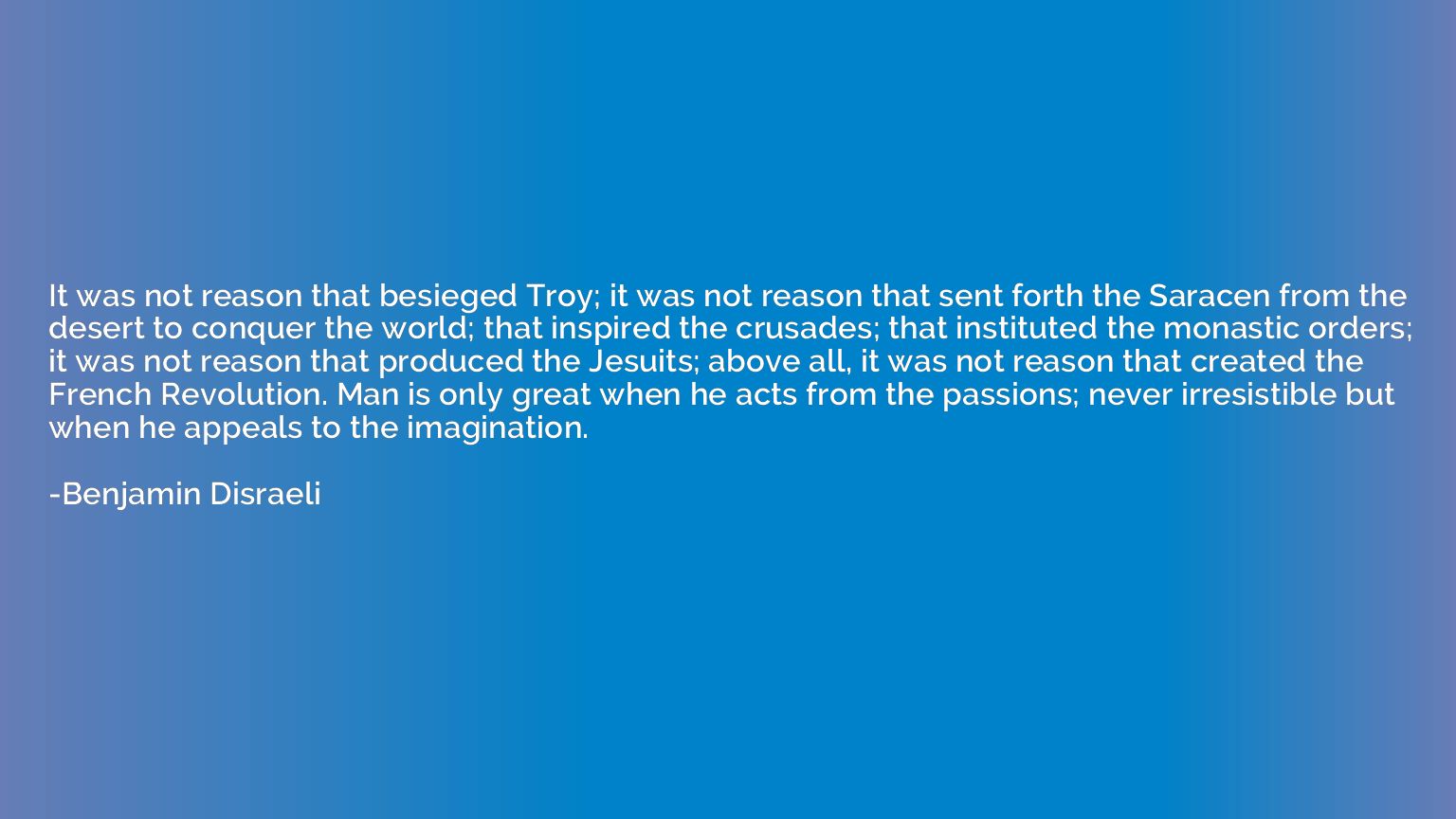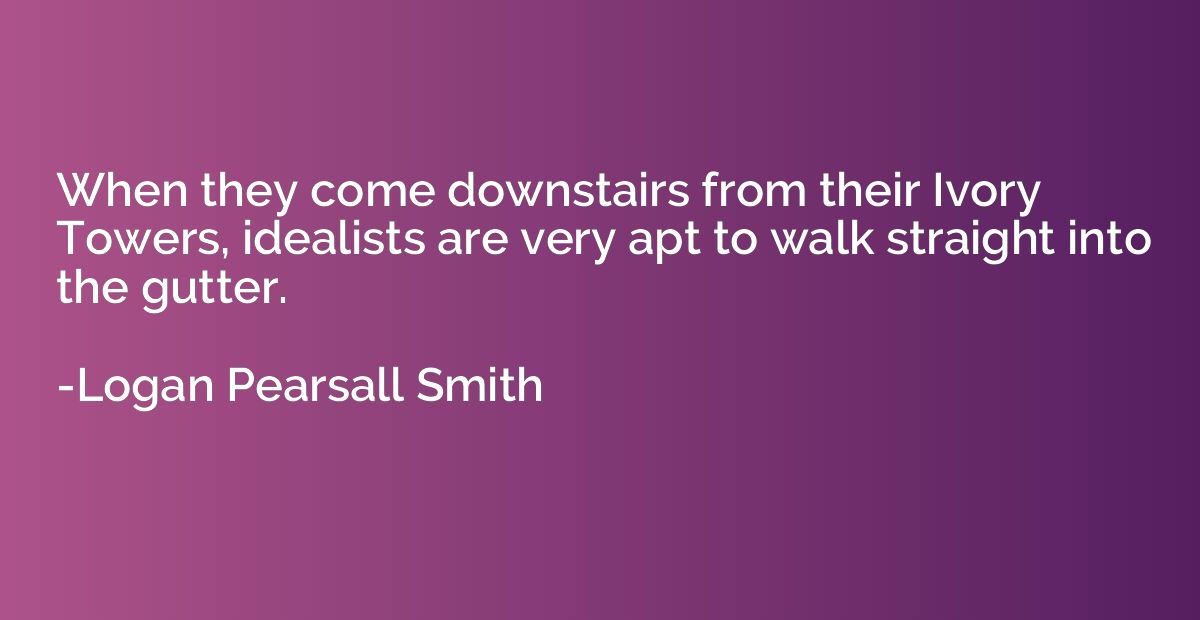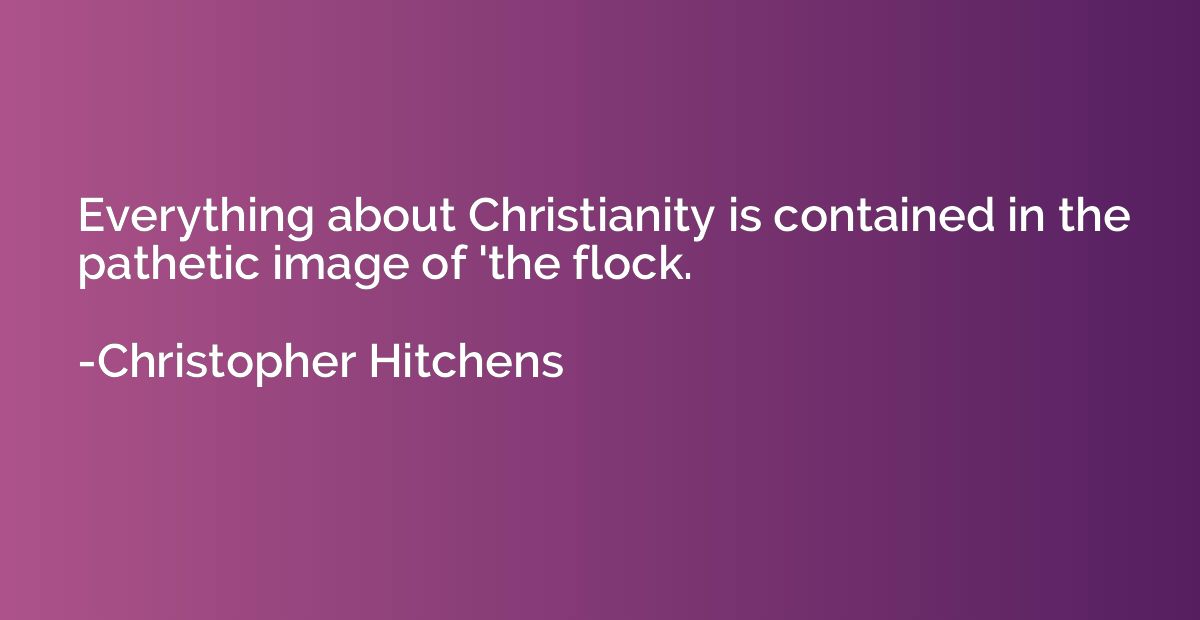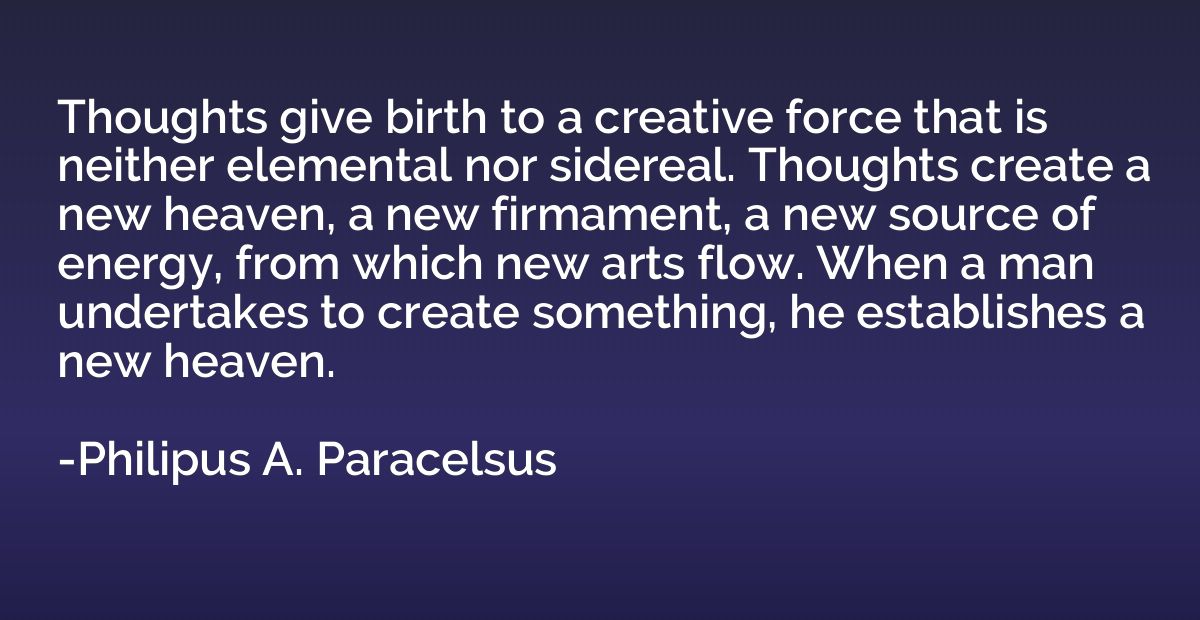Quote by Rem Koolhaas
People can inhabit anything. And they can be miserable in anything and ecstatic in anything. More and more I think that architecture has nothing to do with it. Of course, that's both liberating and alarming.
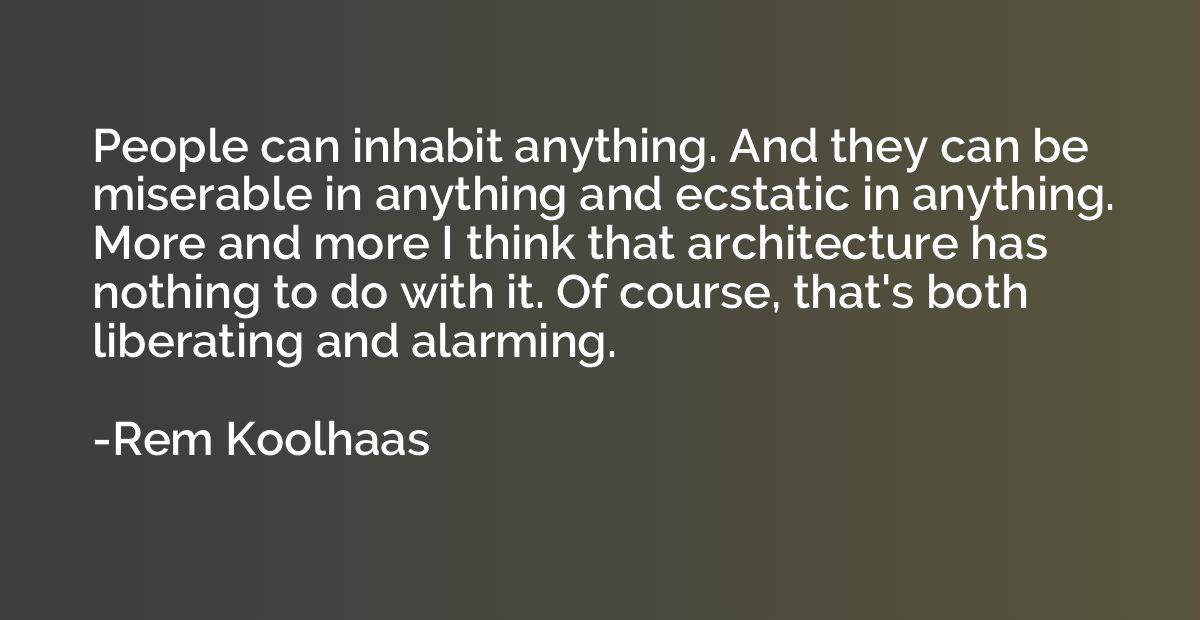
Summary
This quote suggests that people's happiness or misery is not necessarily determined by their physical environment or the architecture they inhabit. It implies that one's well-being can be the result of various factors unrelated to their surroundings. This realization can be liberating as it emphasizes personal agency and the freedom to find joy or sorrow in any circumstance. However, it is also alarming as it challenges the notion that improving or changing one's physical environment will automatically lead to a better life.
Topics
Architecture
By Rem Koolhaas







